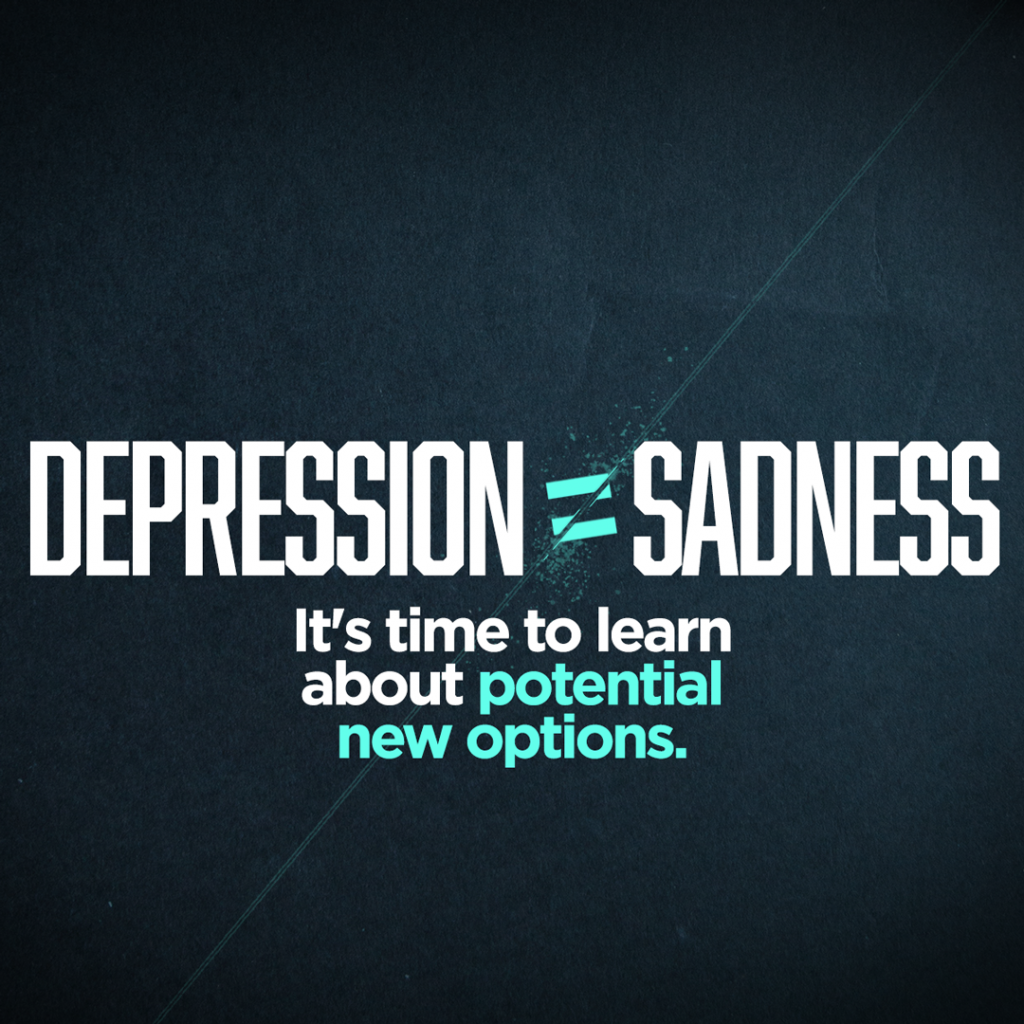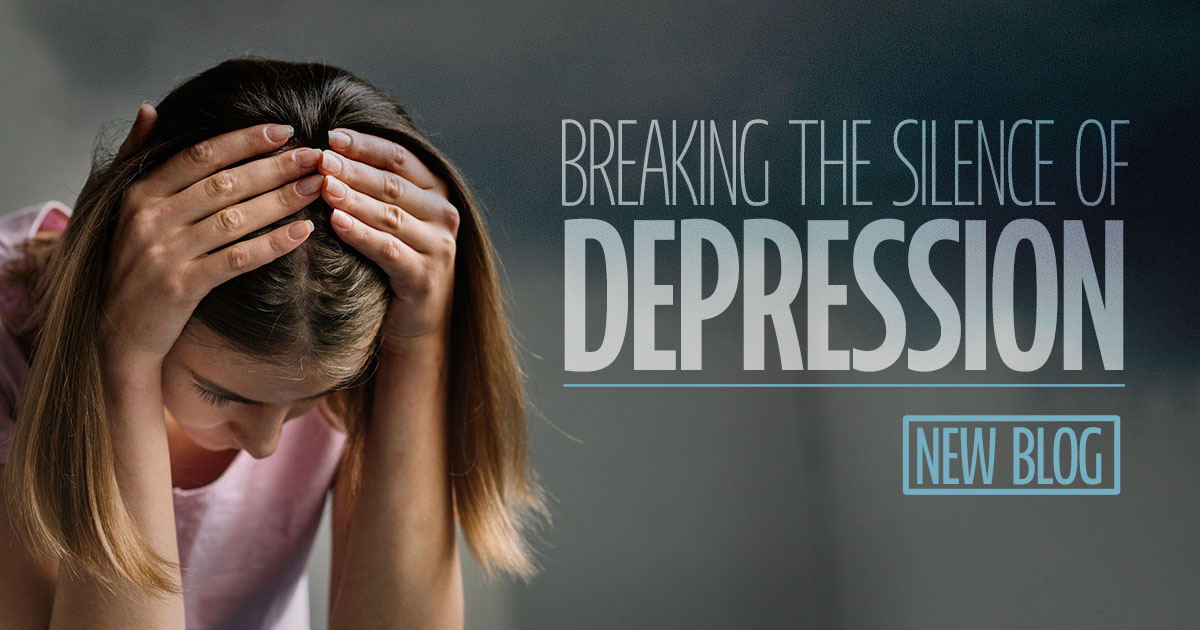Depression is ranked as one of the most disabling diseases in the world. In the U.S. alone, major depressive disorder (MDD) affects more than 16 million adults. With treatment, around 70% of those with clinical depression can improve, often in a matter of weeks. Despite this, about two-thirds of those with depression never seek treatment. Without help, the effects can be devastating. Breaking the silence of depression is never easy, but hiding it causes it to remain a problem forever.
Why Depressed Individuals Don’t Seek Treatment

The reasons a depressed person doesn’t seek treatment can vary from one individual to another. Stigma has been a massive player in the shaming of the human race since the beginning of time. You could insert any topic and find the stigma surrounding it. With mental illness, many believe it is a sign of personal weakness. Other top reasons include:
- I’ll snap out of it– Thinking you’ll snap out of it or trying to control it on your own may seem like a good idea because sometimes a mild case of the blues will pass. However, clinical depression is more prolonged, and delay in treatment can cause it to worsen.
- Can’t afford the cost– Some generic antidepressants are less than $10 a month and free under Medicare Part D and Medicaid. Many counseling offices offer a sliding scale or reduced fees for cash-paying clients. You can also search for other low-cost or free services at 211.org.
- I’ll be forced to take meds– Not every person has to take a “pill.” While antidepressants are indeed effective in treating depression, specific psychotherapies are effective as well.
Don’t Wait
The important thing to remember when opting out of treating major depression is if the cost of not treating your depression higher than the chances of trying to treat it? Depression is responsible for personal suffering, missed work, broken relationships, and in severe cases, death. It has also been linked to health problems such as heart disease and other metabolic issues. Depression can also result from a medical condition that often requires treatment to manage or cure it.

Getting the help needed should be the number one priority regardless of what others think or any assumptions you’ve convinced yourself of. There are different types of depression, and symptoms vary from each person, so advancing options for those diagnosed is critical. More work through clinical research studies is needed to ensure every person who suffers from major depression has adequate treatment. If you have major depression, upcoming research studies here at Richmond Behavioral Assiciates may be an option.
References:
https://www.webmd.com/depression/features/depression-why-arent-you-getting-treatment#1





